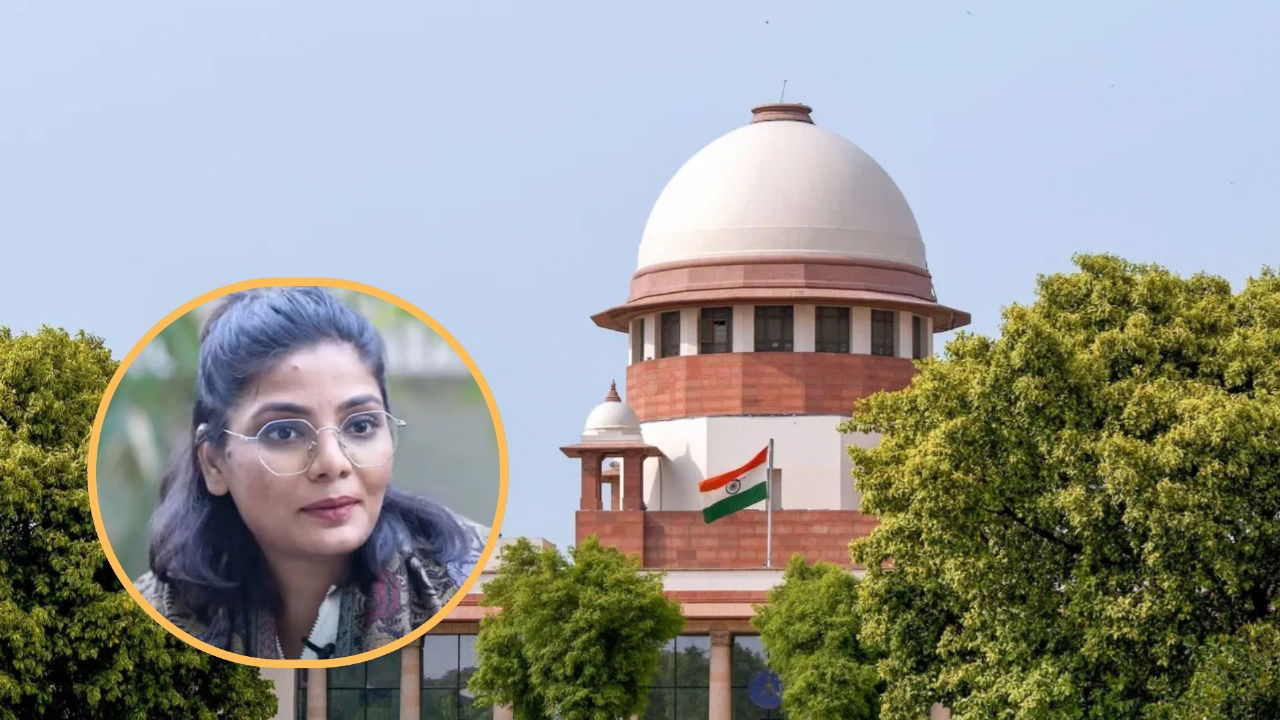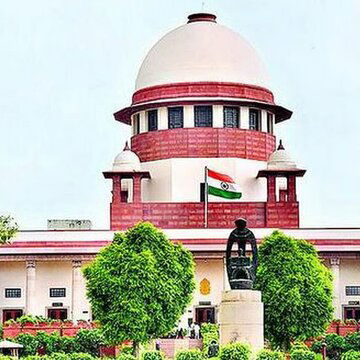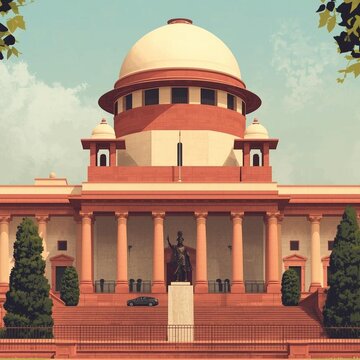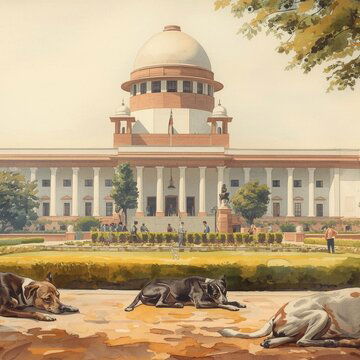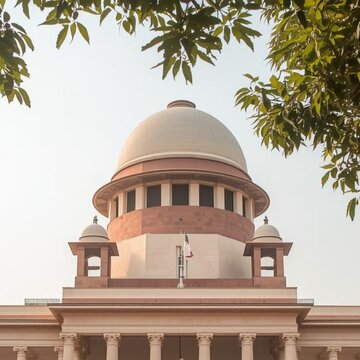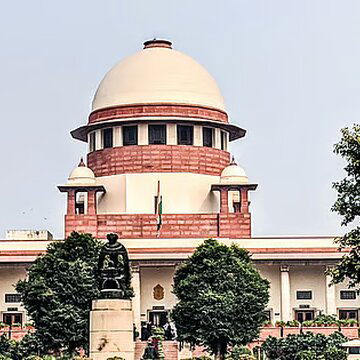The Supreme Court of India on Monday rejected folk singer Neha Singh Rathore’s petition seeking to quash an FIR lodged over her social media post on the Pahalgam terror attack. The Court refused to stay the legal process, asking her to “go and face trial.” The decision emphasizes the tension between free speech and allegations of speech involving national integrity.
Background & FIR allegations
The FIR in question was filed in Lucknow’s Hazratganj Police Station in April 2025. The complaint was lodged against Rathore, alleging her of making provocative comments about the Pahalgam terror attack, alleging that her posts maligned the government, targeted political motives, and threatened collective harmony. The sections brought up include serious charges under the Bharatiya Nyaya Sanhita, associated with threatening sovereignty and incitement, and even invoking notions like “mutiny.”
Rathore’s defense asserted that her posts resulted in political criticism, which is safeguarded under free speech. She argued that the charges were misapplied and that there was no provocation or violence in her statements.
High Court rulings
Rathore had challenged the FIR in the Allahabad High Court. On September 19, the High Court refused to quash the FIR, scrutinizing that the FIR disclosed prima facie cognizable offenses and warranted investigation. The court had emphasized that the invocation of severe sections mandates the analysis to proceed.
Supreme Court’s reasoning & order
According to LiveLaw, its order, a bench constituting Justices J.K. Maheshwari and Kuldeep Bishnoi refused to impede at this stage. The Court explained that it was not conveying any opinion on the merits of the case and that the question of whether the charges are valid must be judged at trial. Rathore has been granted the liberty to challenge the charges at the framing stage in the trial court.
The rejection is simply of the quashing plea. The bench urged Rathore to face trial and raise her objections in the proper forum. A senior advocate had asserted vehemently that charging someone for “mutiny” over tweets is unjustified. The Court, however, held that such statements are for the trial stage, not for early quashing.
Implications & reactions
The ruling draws attention to the fine balance for courts must conserve between free speech and constraints on speech during times of national sensitivity. Observers note that while public critique can be crucial in democracy, it cannot traverse into incitement, communal provocation, or undermining institutional virtue.
Among social media, the decision has spurred discussions on the area for dissent, especially for regional voices. Posts from legal commentators and civil rights groups instruct that Rathore should go through a fair trial, while others regard the FIR itself as an overreach into artistic and political expression.
The Supreme Court has kept the controversial post in the courts rather than dismissing it prematurely. The judgment contemplates an approach that gives the legal procedure room in speech cases fraught with political emotion.


